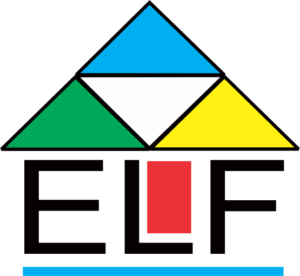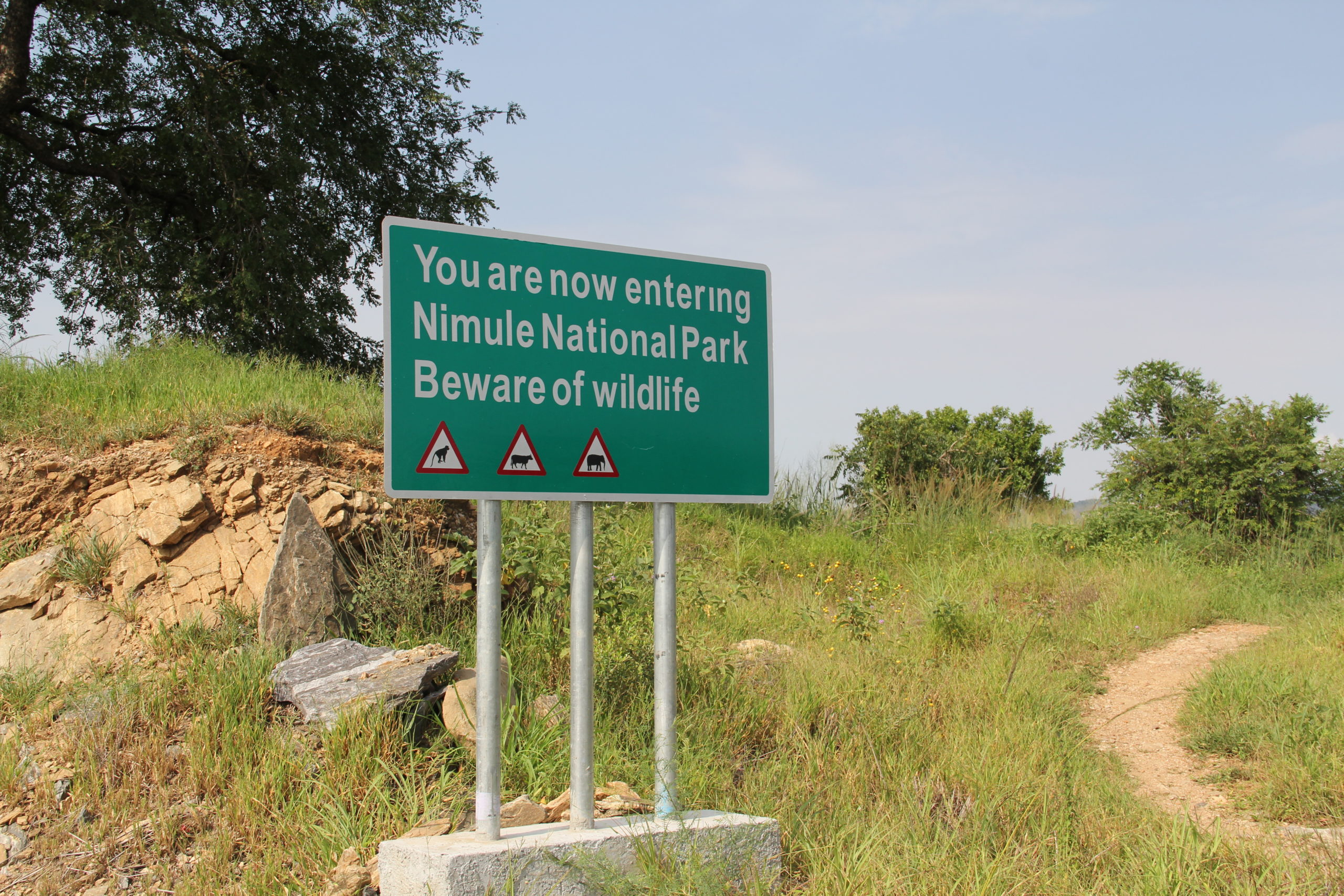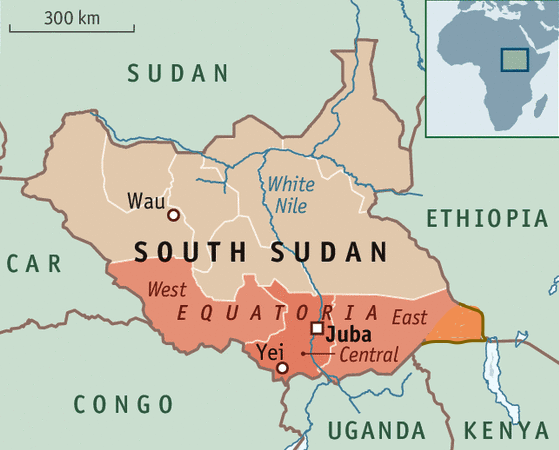Why ELF
Since the signing of the Comprehensive Peace Agreement (CPA) in 2005; there has been a failure of leadership and a lack of national vision among politicians and a JCE strategy to undermine the people and institutions of the new country. Indeed, not a single public policy in support of the people of Equatoria nor has there been any action to prepare the country for the challenges of the 21st century.
We provide a unique opportunity and environment for leaders and institutions to discuss pertinent issues of concern to Equatoria to influence policy relevant to Greater Equatoria and its people.
ELF strives: to establish a united Equatoria that ensures sharing common values of peaceful co-existence, maintaining and respecting one another’s cultural ideals while embracing the rule of law in South Sudan.
About ELF
The majority of Equatorians say the country is headed in the wrong direction right after independence in 2011. To turn around the course of events and successfully govern, will require institutional knowledge, administrative skills, patience, diligence, and a willingness to compromise.
ELF members want to turn around the course of events and successfully govern. It will require institutional knowledge, administrative skills, patience, diligence, and a willingness to compromise. But most of all, to reinstate the values of Meritocracy, Pragmatism, and Honesty.
Objective
Strengthen the democratic values in the country through rational-political discourse. By being incorruptible and maintaining the values of professionalism and internal democratic values and efficiency, we portray the region and country that we want to see. With that in mind, we individually and as a community of Equatorians strive to engage as many compatriots as possible in the substantive quest for attainable solutions
About Equatoria
Equatoria consists of the following states:
Equatorians occupy the three states of Greater Equatoria:
Acholi, Avokaya, Baka, Balanda, Bari, Didinga, Kakwa, Keliko, Kuku, Lango, Lokoya, Narim, Lopit, Lugbwara, Lulubo, Madi, Makaraka, Moru, Mundari, Mundu, Nyangbwara, Otuho, Pari, Pojulu, Tenet, Toposa and Azande Avukaya Mundu. The Bari, Pojulu, Kuku, Kakwa, Mundari and Nyangbwara share a common language, but their accents and some adjectives and nouns do vary; the same applies to Keliko, Moru and Madi.
Get to know more about the Ilemi triangle




